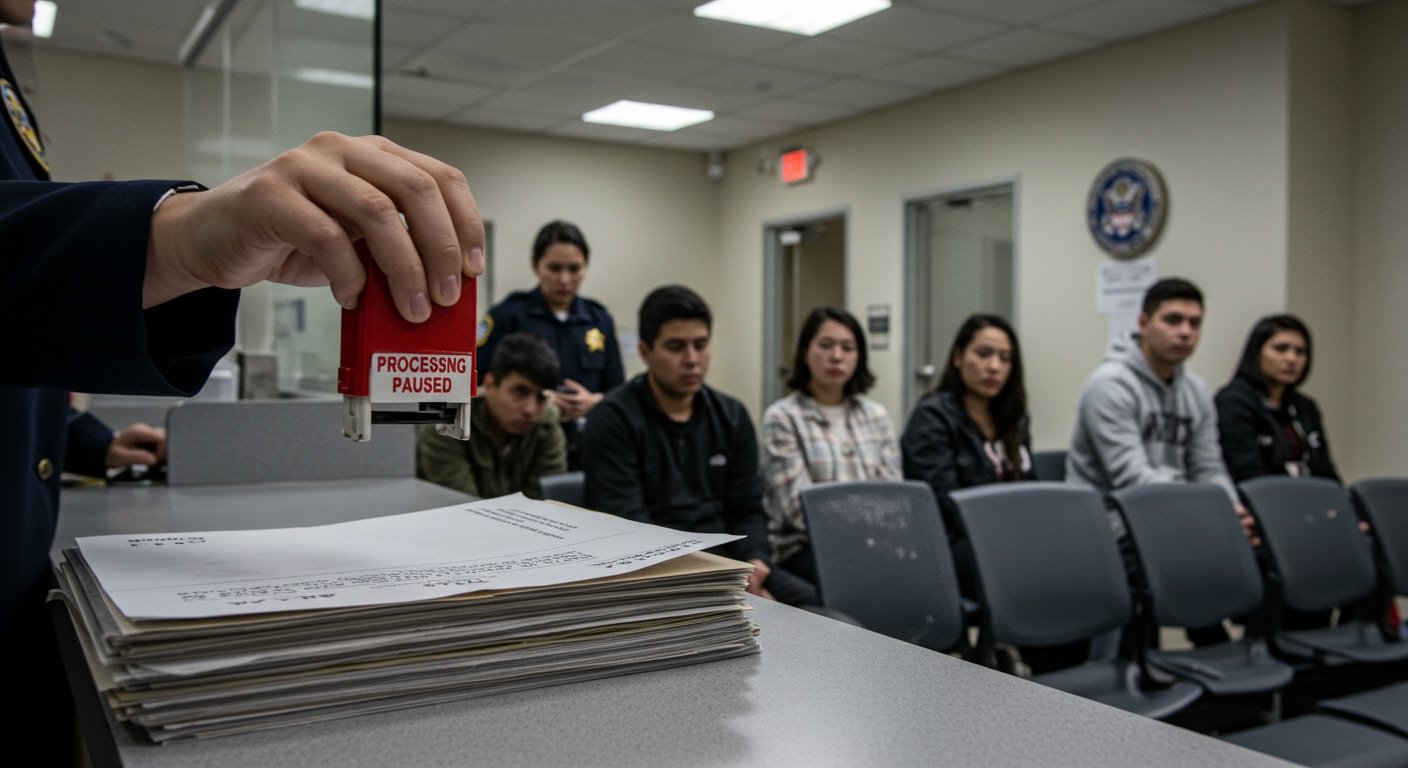The Pentagon has ordered the recall of 2,000 National Guard troops from Los Angeles, following a period of heightened tension and protests related to immigration enforcement. The decision, announced by chief Pentagon spokesman Sean Parnell, comes as lawlessness in the city appears to be subsiding. This move marks a significant shift in the federal government’s response to the protests that erupted last month.
Troop Deployment and Initial Response
The Trump administration’s deployment of National Guard troops to Los Angeles stemmed from protests that followed Immigration and Customs Enforcement (ICE) raids targeting migrants. In early June, ICE agents initiated these raids, which quickly sparked widespread demonstrations throughout the city. Initially, approximately 2,000 California National Guardsmen were deployed to the city, but the number of troops was later increased to over 4,000, alongside hundreds of U.S. Marines.
Crackdown on Immigration
The deployment reflects President Donald Trump’s renewed focus on immigration enforcement. Since returning to the White House, the president has been conducting a significant crackdown on immigration, leading to increased scrutiny and, in some cases, confrontations between federal authorities and local communities. This policy has been a key element of his administration’s agenda, driving the actions that precipitated the need for increased security measures in Los Angeles. The raids by ICE agents were a direct manifestation of this broader policy initiative, targeting individuals and communities within the city.
Legal Challenges and Local Reaction
The deployment of troops to Los Angeles did not come without legal challenges. California Governor Gavin Newsom filed a lawsuit, accusing the president of violating the Constitution. This legal action underscores the deep political divisions and the concerns regarding the federal government’s overreach into state matters. The lawsuit reflects the state’s opposition to the federal government’s actions and aims to protect the rights and liberties of its residents.
Mayor’s Reaction to the Recall
The decision to recall the troops has been met with a positive response from local officials. Los Angeles Mayor Karen Bass celebrated the Pentagon’s move as a direct result of the city’s unified response against the deployment. She emphasized the collective strength of the community, stating that the people of Los Angeles stood united and strong, which led to today’s retreat. Her statement highlighted the importance of peaceful protests and the power of community action in influencing government decisions.
Details of the Recall
The 2,000 California National Guardsmen being recalled were from the 79th IBCT. According to spokesman Sean Parnell, the Secretary ordered the release of these troops from federal protection. The recall signifies a strategic reevaluation of the security situation in Los Angeles, reflecting the administration’s assessment of the protests and related activities.
Implications and Future Outlook
The recall of the National Guard troops marks a turning point in the relationship between the federal government and Los Angeles. It suggests a potential de-escalation of tensions and an acknowledgement of the city’s efforts to manage the situation. The long-term implications of this decision, along with the ongoing immigration policies of the Trump administration, remain to be seen. The focus now shifts to the city’s future, its resilience, and its ability to navigate the complex issues of immigration and law enforcement.











